Australian Prime Minister Anthony Albanese (left) and Opposition Coalition Leader Peter Dutton at the fourth live debate in Sydney on the evening of April 27, 2025. (Photo: Getty Images/VNA)
Many analysts and observers in this Oceanian country believe that this year's election is a test of the ability of the two candidates - incumbent Prime Minister Anthony Albanese and opposition Coalition leader (including the Liberal Party and the National Party) Peter Dutton - in solving the issues that Australian voters are most concerned about, such as the rising cost of living, the housing crisis, health care,education , immigration policy, climate change, energy issues...
In a long list of commitments, the major parties have promised huge spending on health , housing and living allowances...
According to the general consensus of experts closely following the election, election pledges are not a complete picture of how the major parties intend to govern the country.
Style of governance, relations with foreign powers and responses to domestic and global issues are all essential parts of governance that cannot be captured easily by a list of promises. That’s not to mention the compromises that may have to be made if no party wins a majority and has to negotiate with other parties or independents to form a government.
Traditionally, the Labor Party in Australia has prioritized social issues such as social security, health care, and education, while the Coalition has focused more on economic development.
During the election campaign, both candidates Albanese and Dutton made their own policy commitments to appease voters and attract votes. For example, Labor pledged to reduce childcare fees, cut taxes, reduce electricity bills, boost health care, increase housing supply and create conditions for first-time home buyers..., while the Coalition pledged to halve fuel tax, reduce electricity, gas and consumer goods prices, impose a two-year ban on foreigners competing with young Australians in the housing market, reduce the number of migrants by 25%...
However, observers and experts say there is no truly groundbreaking policy that can reassure and satisfy voters.
A recent Newspoll poll showed that the Labor Party's support remained at 52%, while the Opposition Coalition's support was at 48%. Prime Minister Albanese also continued to receive more support than Opposition Coalition leader Duton, with support rates of 51% and 35% respectively.
Up to this point, after 4 live debates, Prime Minister Albanese is considered to be able to make history, becoming the first prime minister to win consecutively since former Prime Minister John Howard in 2004, unless candidate Dutton creates a "miracle" at the last minute. If the "miracle" happens, Mr. Dutton will be the first opposition leader to bring down a government immediately after its first term - something that has not happened since the Great Depression in 1929.
However, analysts say that although the ruling Labor Party continues to dominate opinion polls, its current support is not enough for the party to win the right to form its own government.
Prime Minister Albanese and the Labor Party have yet to fully convince Australian voters. Disappointment with the current government and the percentage who do not want Labor to win again remain high at 48%.
Meanwhile, the percentage of voters who believe Mr Dutton and the opposition coalition are not ready to govern is also high, at 62%, making it likely that votes will be distributed to other parties such as the Greens or independent candidates.
This reality shows that it is difficult for any party to win a convincing victory to have the right to form its own government in the Australian parliamentary election. In other words, if Labor does not win at least 76 of the 150 seats, it will have to form a coalition with other parties such as the Greens, a traditional ally, and independent MPs, or Australia may face a hung parliament.
Another highlight of this Australian election has been the role of new social media like podcasts and TikTok.
Media expert Dr Denis Muller, senior lecturer at the University of Melbourne's Centre for Progressive Journalism, said “new social media” was the most effective way to engage young voters in politics.
Besides, social media is also attractive to politicians in building platforms for their policies because of its large number of followers.
Meanwhile, Susan Grantham, a communications lecturer at Griffith University in Australia, said social media is the new battlefield of elections. In the first election where Millennials and Gen Z voters outnumber Baby Boomers, this is an inevitable and politically necessary change - although not without its pitfalls.
All of this is important because younger generations don’t get their political information from newspapers or the evening news on television, but rather turn to short-form video platforms like TikTok and Instagram Reels, where politics are often delivered with humor, personality, and what passes for authenticity.
Ms. Grantham said this is a new “playground” in political campaigns, but whether it will actually impact voter behavior and choices, or just add to the noise on an already overloaded network, remains to be seen./.
According to VNA
Source: https://baothanhhoa.vn/cuoc-dua-bau-cu-o-australia-the-tran-chua-nga-ngu-247530.htm


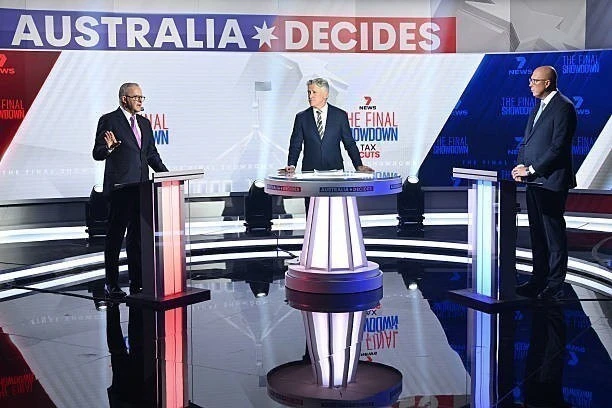


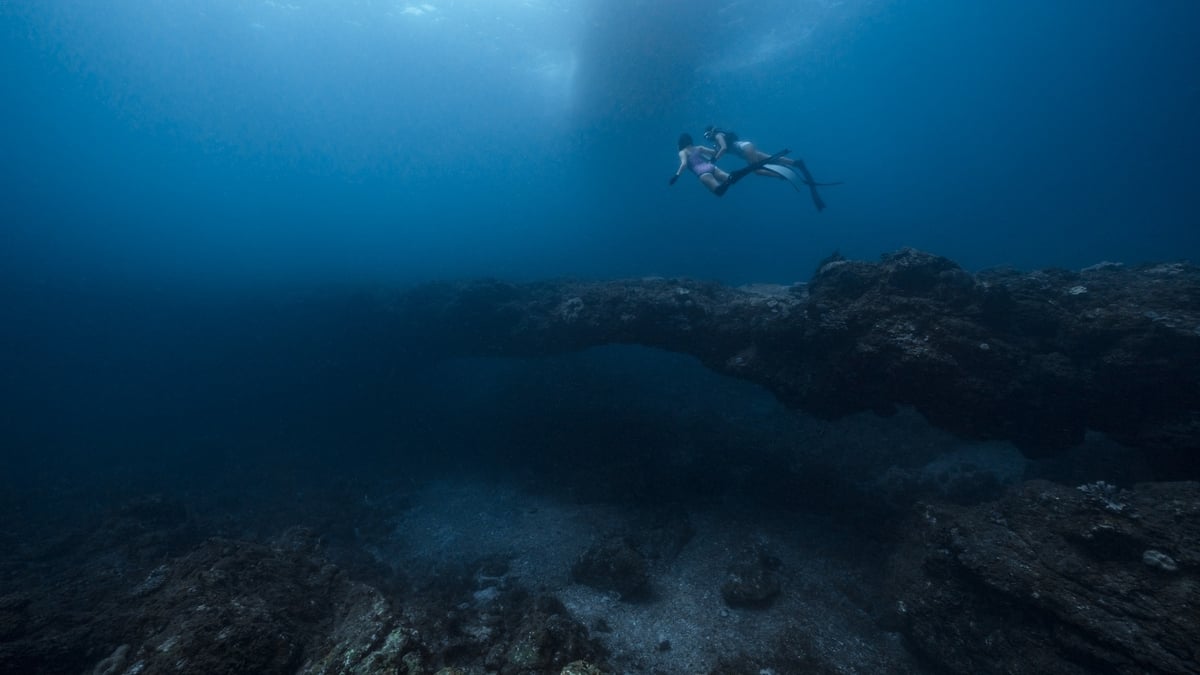


![[Photo] Prime Minister Pham Minh Chinh chairs conference to promote public investment growth momentum](https://vphoto.vietnam.vn/thumb/1200x675/vietnam/resource/IMAGE/2025/5/20/7d1fac1aef9d4002a09ee8fa7e0fc5c5)
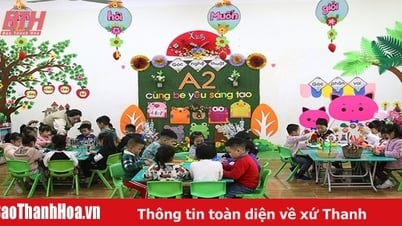
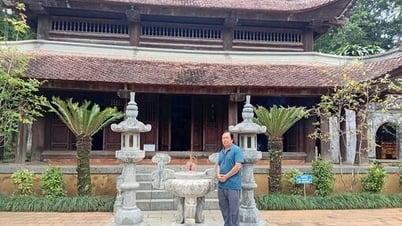

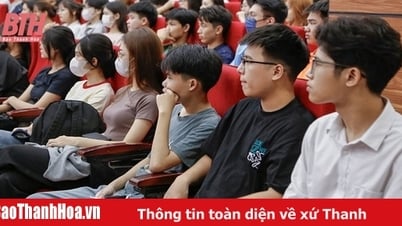
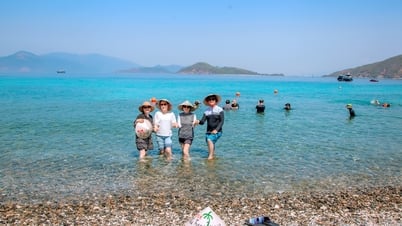

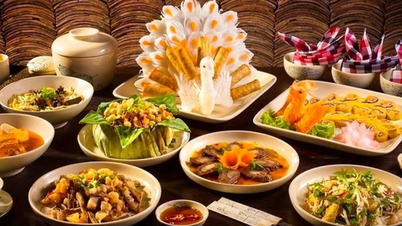

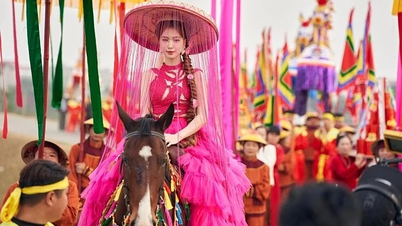






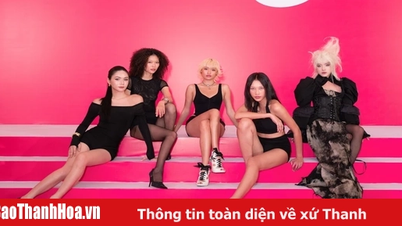

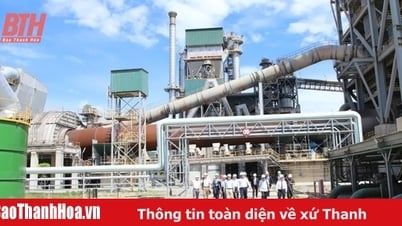

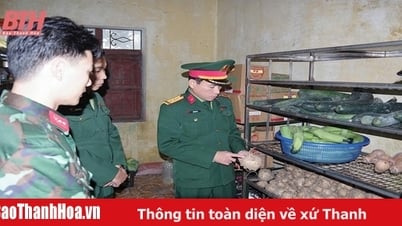
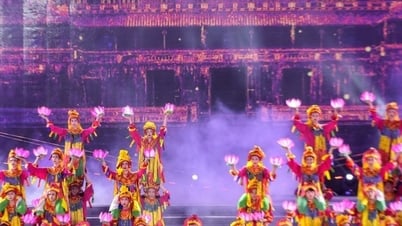





















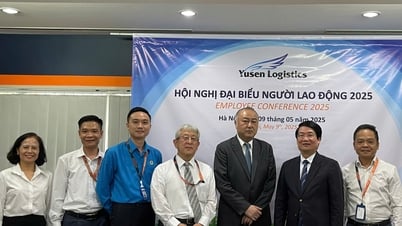






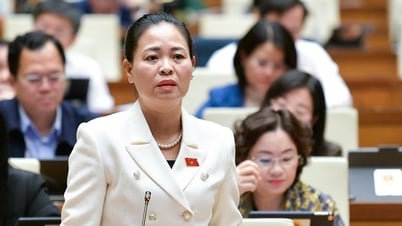

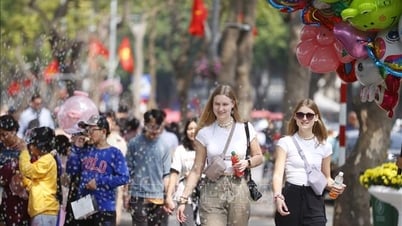

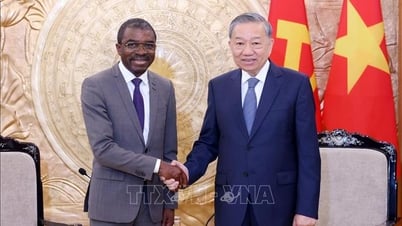


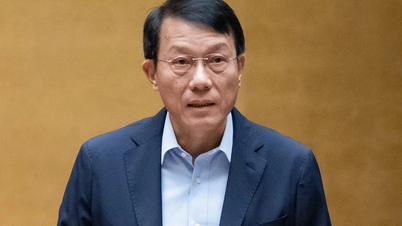

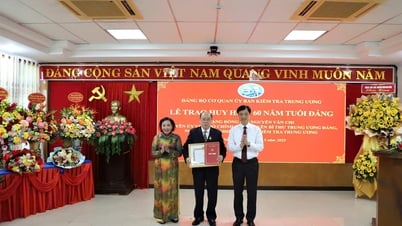

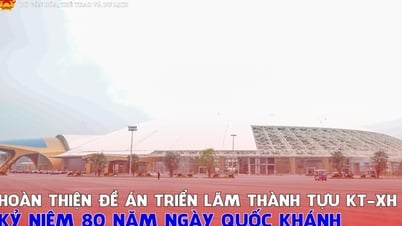

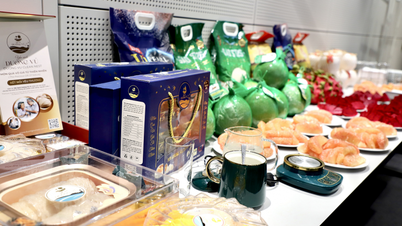

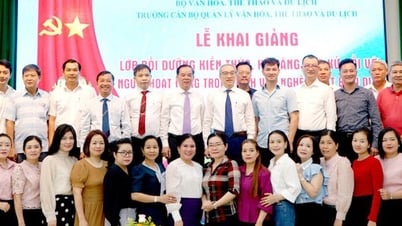
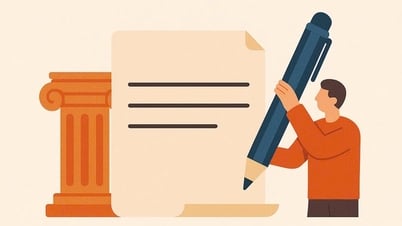
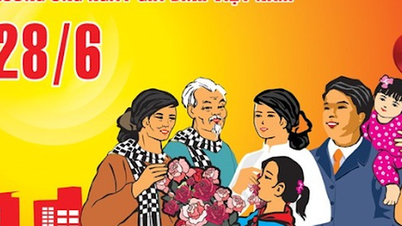


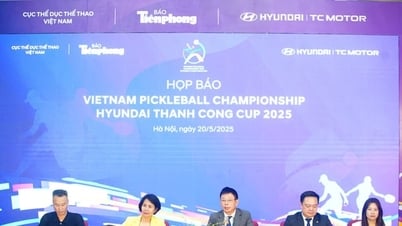
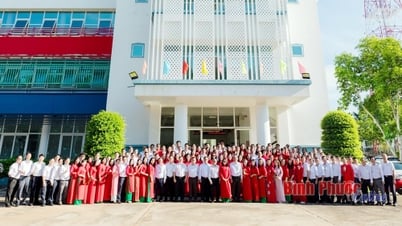

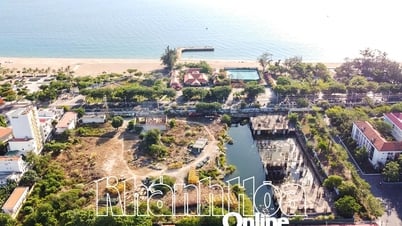
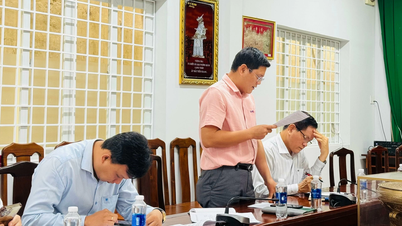













Comment (0)